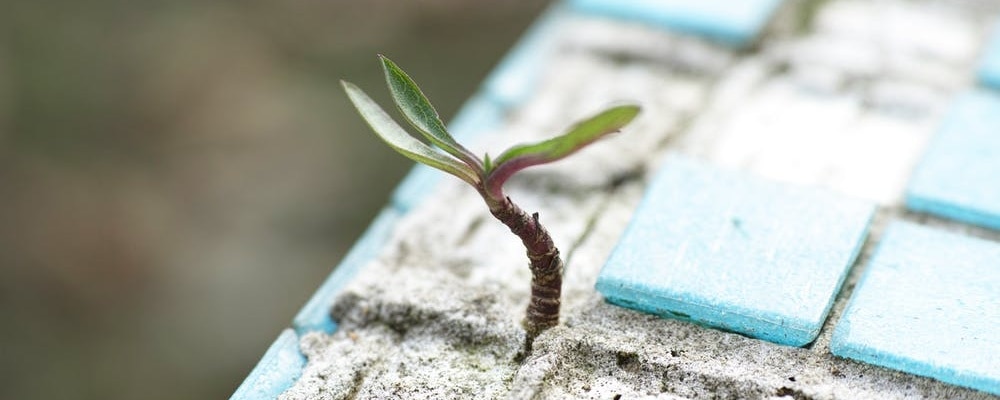Building on last week’s blog post where I shared the first 5 of 10 ways to get started with legacies, here is the last batch of ideas to get you up and running. Of course, there are many more ways for you to start a legacy program but recognizing that the typical small charity doesn’t have many resources at its disposal, even implementing one or two of these ideas is a step in the right direction.
Let’s continue …
1 – Cross pollination
Traditionally charities will use offline tactics to communicate with prospective legacy donors. I would like to challenge you to use a multichannel approach to promoting legacies with your constituents. In a previous post where I shared 7 things we learned about legacies during the pandemia, I mentioned that a 2018 Pew Institute research showed that Facebook and YouTube are the top platforms used by older donors.
Leverage your organization’s social media following on these platforms to talk about the impact of legacies, the stories from your past and current pledgers and to invite them to consider a gift in a will to your charity.
2 – Get your board on board
Leading by example does not apply only to fundraisers – it starts with the board of directors. They’re the perfect individuals to ask for a legacy gift as you’re starting out. The first ask should be to the Chair of the board who will then ask the rest of the board members. This will help you collect testimonials but also build that trust with donors knowing that board members are also committed to legacies. Lastly, your board members can also act as legacy solicitors once you have built enough momentum to proactively solicit these gifts.
3 – Legacies as a retention tactic
According to a recent blog by Network for Good, the number one reason why donors stop giving is because they don’t know how their gift is being used. This is a HUGE problem in our sector. The impact of this is that it creates a distrust in our organization which then hinders the possibility of building a legacy program.
Having said that, if the reason for your donor to cancel their gift is related to their current financial situation, you have an opportunity to leverage your legacy program as a retention tactic. Their reason may not be mistrust in your charity, it may be financial which, in this case, does not mean they don’t care about the organization. What can you do about it? When a donor calls to cancel their monthly donation or to be removed from your mailings, ask questions and explore the possibility of engaging in a legacy conversation with them. Or, if you’re sitting on a batch of lapsed donor files and don’t know how to re-engage them, do some data mining to get more information on them (age, etc.) and send a legacy appeal tailored to their particular situation.
4 – The importance of monthly giving
Your monthly donors are probably your most dedicated and committed donors. Because legacy giving is all about one’s commitment to the cause, monthly donors are the perfect legacy prospects. Consider sending a special legacy appeal along with a prospecting survey (this can be done by mail, online, or using telemarketing). Bring value to your donors by offering a free will writing guide (you’ll find a sample on my Resources page) and make sure to follow up to answer any questions you may have.
5 – Make it all about the welcome journey
A mistake many organizations make is to start talking about legacies once donors fall into the 55+ age category. Considering it can take years before someone starts thinking about legacies as a gift option, it makes sense to include legacy giving in the organization’s culture of philanthropy right from day one. You can do this by including legacy messaging in your donor welcome series (online and offline) and if you send a welcome pack to new donors, include legacies as well as testimonials and stories from current and past legacy donors.
So there you go. All ten ways to get your started with legacies. As mentioned before, you don’t need to do all ten things at once. Simply start with one that will give you a quick win and then build on that. Legacy fundraising is a marathon not a race so make sure you set yourself up for long-term success with these simple ten ideas.


